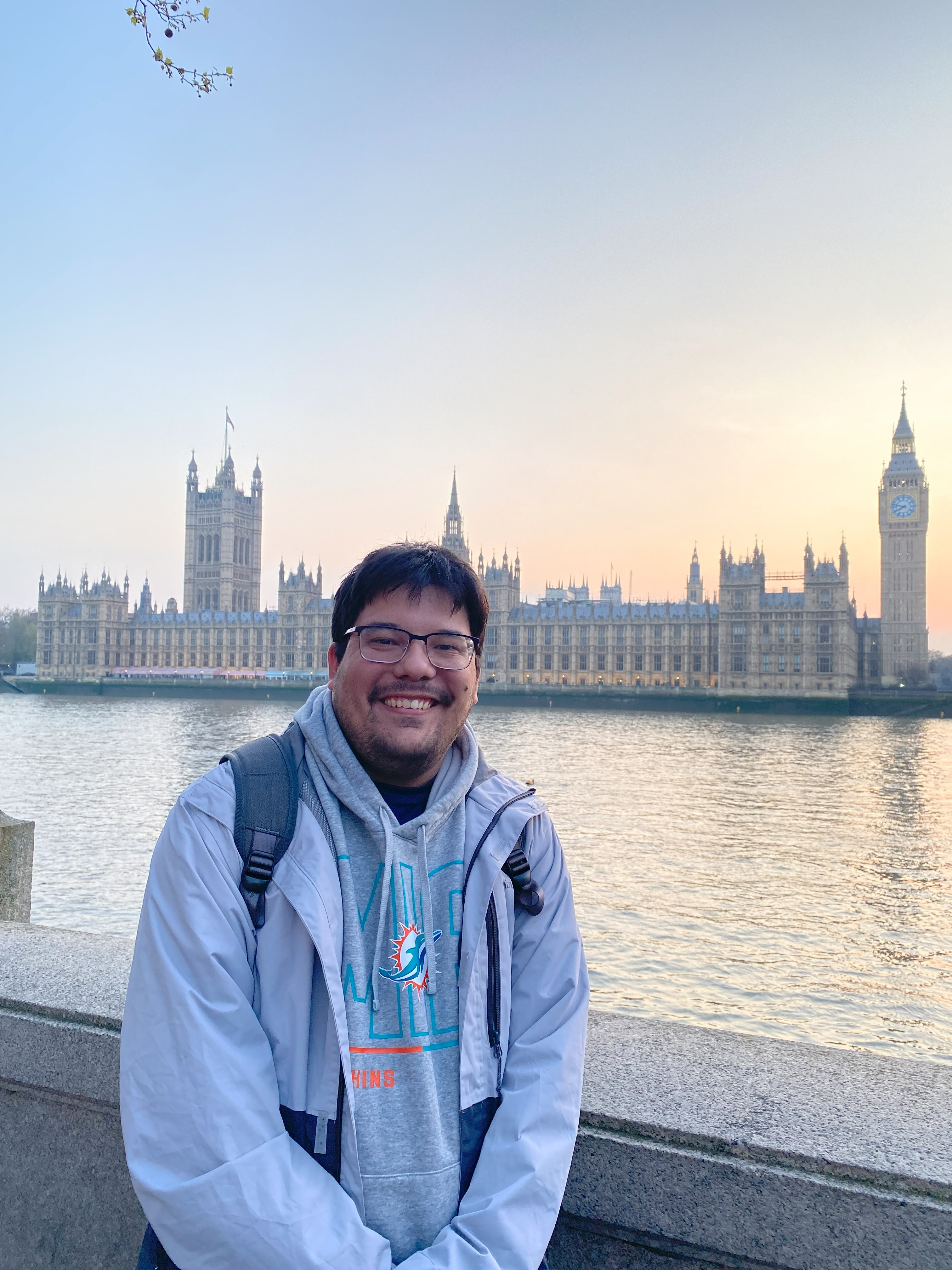‘He was very much a visionary’: As governor, Jimmy Carter modernized the GBI
During Jimmy Carter’s sole term as governor in the early 1970s, he set out to modernize and depoliticize the Georgia Bureau of Investigation, building a legacy of professionalism and investigative cooperation that agency leaders tout today.
Among his first initiatives for the agency, which was then known as the Division of Investigation, Carter appointed retired military veteran Bill Beardsley in an effort to “rout out the politics,” according to a report in The Atlanta Journal-Constitution in 1973.
That appointment triggered a series of changes at the agency, which had been “one of the two or three most politics-ridden agencies in state government” since it was established in 1937, according to the AJC report.
Vernon Keenan, who served as head of the agency from 2003 to 2018, credits his 46-year career there to Carter and the work he did to modernize the agency and take the politics out. Instead of hiring politicians’ friends, Carter looked for people with college degrees and professional law enforcement backgrounds, Keenan said.
“He needed to have a state investigative agency that he could depend on to do the right thing and not become embroiled in politics or make decisions based on politics,” Keenan said. “That was the type of person he was. He wanted a nonpolitical investigative agency that would do its job and do it for the right reasons.”
The former Georgia governor and U.S. president died Sunday at 100. He will be buried in Plains next to his wife of 77 years, Rosalynn Carter, who died in November 2023. He served as Georgia’s governor for one term, from 1971 to 1975.
Current GBI Director Chris Hosey credited Carter for his impact on the agency, citing the then-governor’s push for the creation of the Georgia Crime Information Center. Hosey said the GCIC allows criminal information used in everyday law enforcement work to be stored and accessed at a moment’s notice, boosting cooperation among law enforcement agencies statewide and nationwide.
“The importance of what we do in law enforcement today, just from an intelligence standpoint, is being able to share information and share it quickly, and GCIC and the creation of it and what it does for the state of Georgia in law enforcement is a great example of that,” Hosey said.
In 1972, Carter called it “one of the most far-reaching developments in modern times to upgrade law enforcement capabilities, protect our citizens and reduce crime,” the AJC reported. Without GCIC, Keenan said, the GBI would still be stuck in the Stone Age and wouldn’t be able to do much of the work it does today.
“We would be trying to modernize, catch up. Eventually the agency would have evolved, but it did so very rapidly under Gov. Carter. He was very much a visionary,” Keenan said.

It was also in 1972 when Carter began to push to increase the number of Black state troopers and GBI agents. The AJC reported at the time that Carter was calling out low salaries as the reasons both agencies couldn’t recruit more Black officers.
“Since I have been in office, Col. Ray Pope and I have aggressively tried to recruit black law enforcement officers for the GBI and the State Patrol,” Carter said at the time during a news conference. “A good number of them have applied, but we have lost them because of the pay differential between a state patrolman and a police officer of the city of Atlanta or DeKalb County.”
As a result, Carter advocated for a $1,000 a year pay increase for state agents in his 1973 budget request. At the time, a federal judge in Alabama had ruled that the Alabama Department of Public Safety ensure that the state police force was 25% Black. However, Carter didn’t agree that there should be a percentage attached to the recruitment and hiring of Black officers.
“I would rather move aggressively to recruit Black people until we have a reasonable number and select applicants solely on the basis of merit,” Carter said.
Though neither Hosey nor Keenan met Carter himself, Keenan did get to meet Rosalynn Carter and was able to tell her how Carter’s push to change at GBI helped him get hired there and remain there for almost half a century. Hosey, who graduated from Georgia Southwestern University like Carter did, said he and his wife always talked about going down to one of Carter’s famous Sunday school classes but never got around to it.
“The work that Gov. Carter did during his term is really a reflection of what the GBI looks like today from an organizational structure,” Hosey said.


